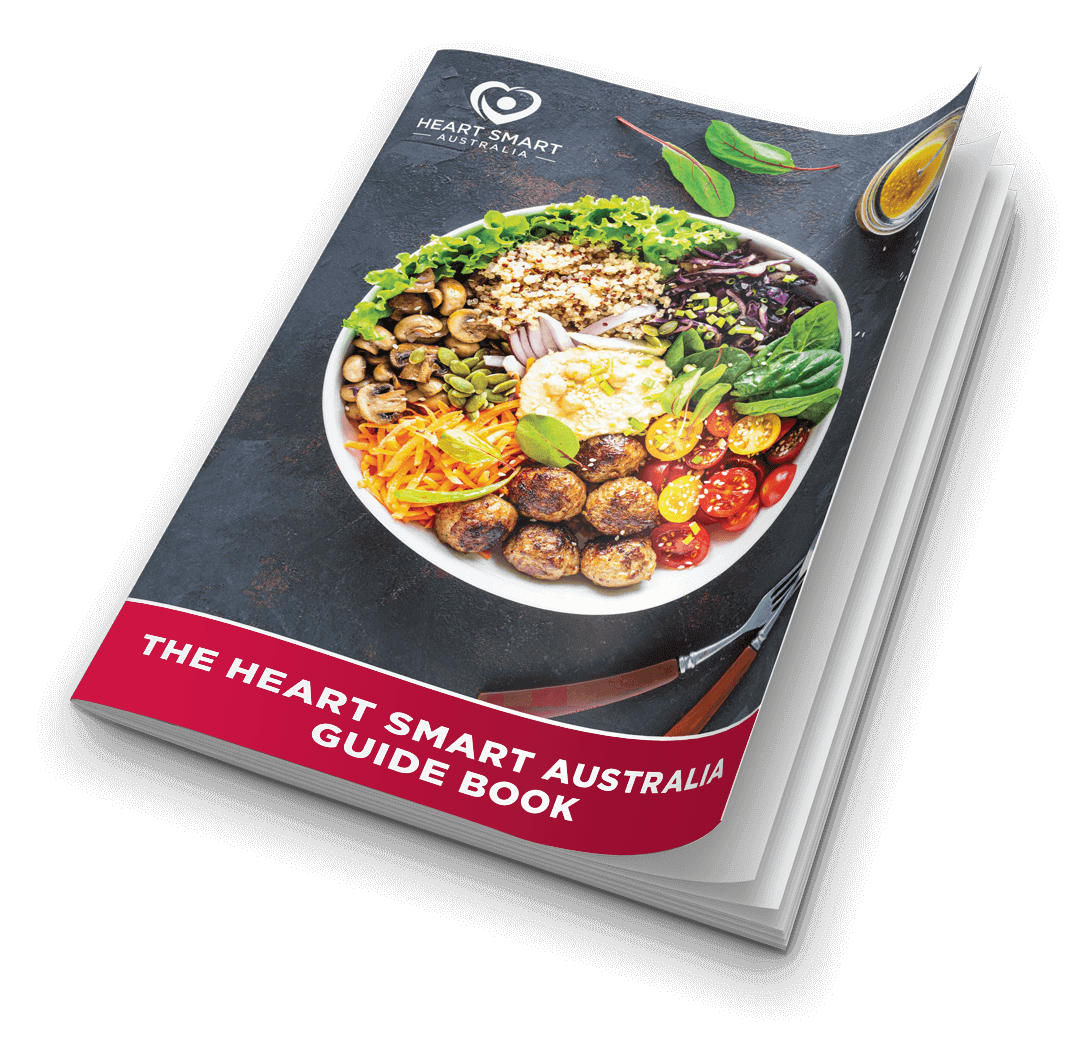Coconut oil: Is it good for your health?
With the rise of the ‘Paleo’ and ‘Keto’ diets, coconut oil has rapidly made its way into the nutrition scene. Often hailed as a ‘superfood’ with miraculous health benefits, many people have jumped on the bandwagon and have started adding it to their smoothies and coffees to promote weight loss. However, coconut oil has also faced criticism due to its high saturated fat content and impact on heart health.
In this article we will explore:
What is Coconut Oil?
Coconut oil is derived from the kernel or meat of mature coconuts. Unlike most vegetable oils, coconut oil contains a remarkably high amount of saturated fat — about 90% of its composition. This is significantly higher compared to oils like olive oil, which contains approximately 14% saturated fat, and canola oil, at about 7% (1 2). This composition has placed coconut oil under the microscope in terms of its nutritional benefits. It is available in various forms such as refined, which is bleached and deodorized, and virgin, which is extracted from fresh coconut meat. Apart from its culinary uses, where it’s prized for its high smoke point and distinct flavour, coconut oil has found a place in skincare and haircare routines due to its moisturizing and conditioning properties.
What is Coconut Oil Good For?
Coconut oil’s health benefits are primarily attributed to its unique composition of medium-chain triglycerides (MCTs) and specific fatty acids. These components lend the oil certain properties that have been of interest in the health industry and those following low carb diets. In the research, coconut oil has been found to have several potential health benefits, including:
- Weight management: The MCTs present in coconut oil have been linked to weight loss. Unlike long-chain fatty acids, MCTs are absorbed and metabolised more quickly, increasing satiety, potentially aiding in weight loss and metabolism regulation (3 4).
- Antimicrobial & Anti-inflammatory effects: Lauric acid, a key component of coconut oil, has been shown to possess antimicrobial properties, making it beneficial for skin health and managing conditions like acne and eczema (5 6).
- Skin and Hair Care: Due to its moisturising effects, coconut oil is often used as a natural remedy for dry skin and hair, and it may aid in treating various dermatological conditions (7).
- Dental Health: Coconut oil has been associated with improvements in dental health, particularly through the practice of oil pulling, a traditional method for oral hygiene (8).
- Cardiovascular Health: A notable benefit of coconut oil is its potential to increase HDL (good) cholesterol levels in the body. This aspect of coconut oil can be beneficial for heart health, as higher HDL levels are typically associated with lower heart disease risk (9).
The Cons of Coconut Oil
While there are several benefits of coconut oil, its drawbacks, particularly in terms of heart health and weight management, are significant.These include:
- Elevated LDL Cholesterol: Studies have shown that coconut oil can increase LDL (bad) cholesterol levels (10). Elevated LDL cholesterol is associated with an increased risk of heart disease and atherosclerosis, where plaque builds up in the arteries, potentially leading to heart attacks and strokes (11).
- High Caloric Density: Coconut oil is calorie-dense, with each tablespoon containing about 120 calories, predominantly from fats. While coconut oil has potential benefits with increasing levels of satiety, the high calorie count can contribute to weight gain if coconut oil is consumed in large quantities without balancing overall caloric intake (12).
- Balanced Diet Considerations: Health experts recommend using coconut oil in moderation. They advise incorporating a variety of fats into the diet, including those high in unsaturated fats, to maintain a balanced and heart-healthy diet (13).
Alternative Oils and Their Benefits for Heart Health
Comparatively, oils like extra-virgin olive oil, which are high in monounsaturated fats, offer more significant benefits for heart health. Such oils are known to reduce inflammation and improve cholesterol levels. The incorporation of a variety of healthy oils, including those rich in omega-3 fatty acids like flaxseed and fish oils, is recommended for a wide variety of health benefits including heart health (14). Extra-virgin olive oil is a great alternative to use in salad dressings and as a main cooking oil.
Conclusion
While coconut oil offers several health benefits, its high saturated fat content and potential impact on cholesterol levels necessitate cautious consumption, particularly in terms of heart health and weight management. Balancing coconut oil with a variety of healthier oils is key to achieving a nutritious and heart-friendly diet. As with any dietary product, understanding the full spectrum of pros and cons of coconut oil is essential to making informed choices for overall health and wellbeing. The bottom line is, there’s no need to ruin your morning coffee with coconut oil!
How we reviewed this article:
- Sources
- History
Heart Smart Australia utilises a variety of credible and reliable sources to support and provide valuable insights into the topic being discussed. From academic journals to government reports, each reference has been carefully selected to add depth and richness of our articles.
- (1) American Heart Association | (2021). Dietary Fats
- (2) USDA FoodData Central | (2021). Nutrient Content of Common Oils
- (3) Journal of the Academy of Nutrition and Dietetics | (2015). Effects of Medium-Chain Triglycerides on Weight Loss and Metabolic Health
- (4) World Health Organization | (2020). Healthy diet
- (5) International Journal of Dermatology | (2014). The effect of topical virgin coconut oil on SCORAD index, transepidermal water loss, and skin capacitance in mild to moderate pediatric atopic dermatitis: a randomized, double-blind, clinical trial
- (6) Journal of Medicinal Food | (2017). Antimicrobial Effects of Coconut Oil
- (7) Clinical Nutrition | (2015). Effects of medium-chain triglycerides on weight loss and body composition: a meta-analysis of randomized controlled trials
- (8) American Heart Association | (2020). The Effect of Coconut Oil Consumption on Cardiovascular Risk Factors
- (9) Open Heart | (2018). Effects of dietary fats on blood lipids: a review of direct comparison
- (10) Harvard Health Publishing | (2021). The Truth About Fats: The Good, the Bad, and the In-Between
- (11) American Heart Association | (2020). The Skinny on Fats
- (12) National Institutes of Health | (2020). Nutrition and Healthy Eating
- (13) American Journal of Clinical Nutrition | (2019). Dietary Fats and Cardiovascular Disease: A Presidential Advisory from the American Heart Association
- (14) Mayo Clinic | (2023). Dietary fat: Know which to choose
Our team actively monitors health and wellness advancements, keeping our articles up-to-date with the latest information as it becomes available.




